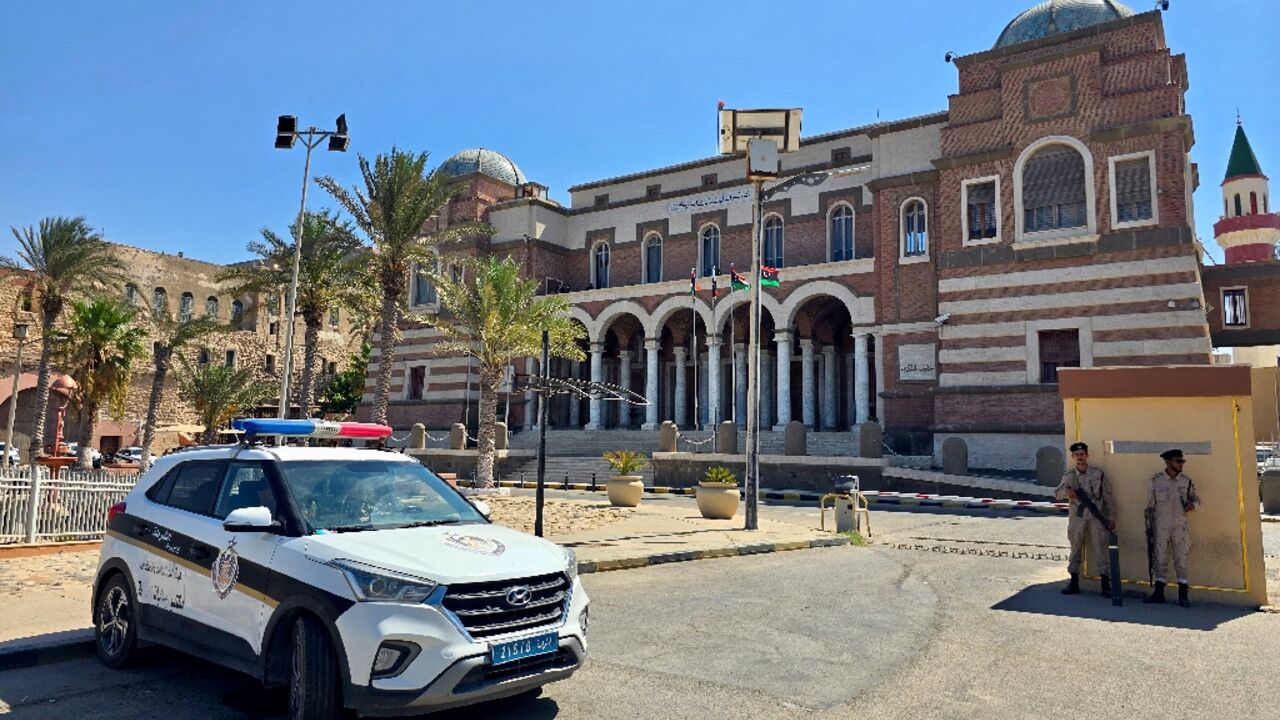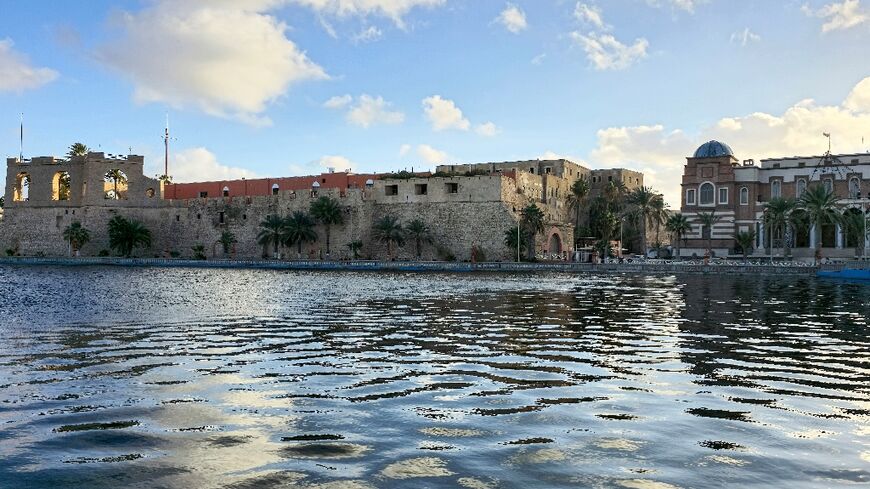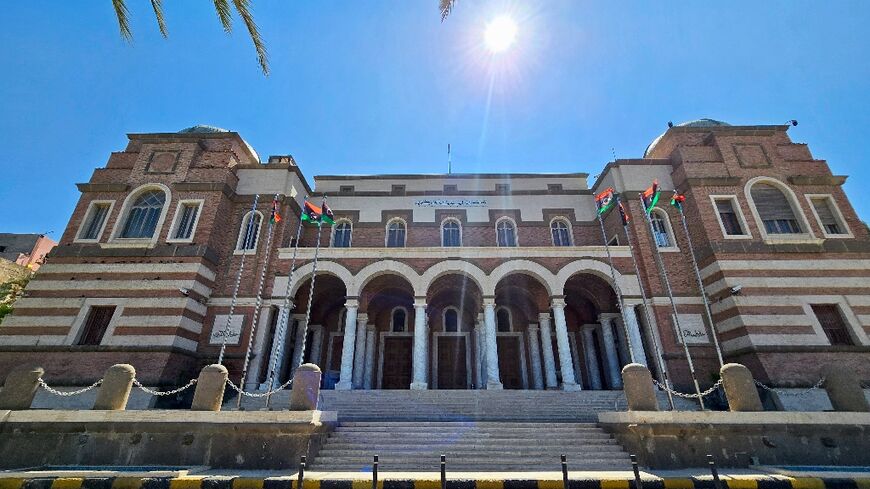US backs UN bid to resolve dispute over Libya central bank

The United States gave its backing Tuesday to UN efforts to resolve differences between Libya's rival administrations over the management of the central bank without cutting off vital oil income.
The US embassy said the move by the UN Support Mission in Libya "offers a path forward to resolve the crisis" following the eastern administration's announcement on Monday that it was suspending operations at all oil fields and export terminals under its control.
That move came amid a deepening rift between Libya's rival governments after a series of events which the eastern administration said were attempts by the Tripoli-based, UN-backed government to seize control of the central bank.
In a statement late Monday, UNSMIL said it was "convening an emergency meeting for all parties involved" in the crisis.
It also called for "immediately lifting force majeure on oil fields and refraining from using the country's primary revenue source for political ends".
Libya is struggling to recover from years of conflict after the 2011 NATO-backed uprising that overthrew longtime dictator Moamer Kadhafi.
It remains divided between the government in Tripoli led by Prime Minister Abdulhamid Dbeibah, and the rival administration in the east backed by military strongman Khalifa Haftar.
Most of its oil fields are located in regions controlled by Haftar, but oil revenues and the state budget are managed by the central bank based in Tripoli.
- 'Threats and arbitrary arrests' -
On Monday, footage and photos broadcast by local media showed a group of people breaking into the central bank's headquarters.
Reports later said they were members of a commission tasked by the Presidential Council, which is close to Dbeibah, to take charge of the bank.
Libya's eastern-based administration responded by shutting down oil fields and terminals it controls.
The locations affected constitute around 90 percent of the country's oil fields and terminals.
It came after Libyan media reported on August 11 that armed men had besieged the bank in a bid to force the resignation of central bank governor Seddik al-Kabir.
A week later, the bank's head of information technology was kidnapped, and the bank said it was suspending its operations until his release later the same day.
The eastern-based parliament speaker, Aguila Saleh, said Tuesday the "oil blockade will be maintained until the governor of the central bank resumes his functions," referring to Kabir, who has reportedly left Libya.
In office since 2012, Kabir has faced mounting criticism from people close to Dbeibah over the bank's management of oil resources and the state budget.
UNSMIL said Monday "resolving this emerging crisis is an urgent necessity" and called for measures to protect the central bank's employees from "threats and arbitrary arrests".
But on Tuesday, Abdel Fattah Ghaffar, appointed by the Presidential Council as interim governor of the bank, said "operations will be restored in the upcoming days" after what he described as a smooth transition.
"The transfer of power took place in a simple and smooth manner," said Ghaffar, who has worked at multiple Libyan banks and was one of the founders of the Libyan Islamic Bank, the country's first private bank.
He said "about 90 percent of the bank's employees will resume work at the bank headquarters starting Wednesday".
"We have reassured the International Monetary Fund and the World Bank of our commitment to respect national and international legislation," he added.





